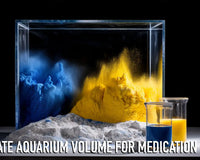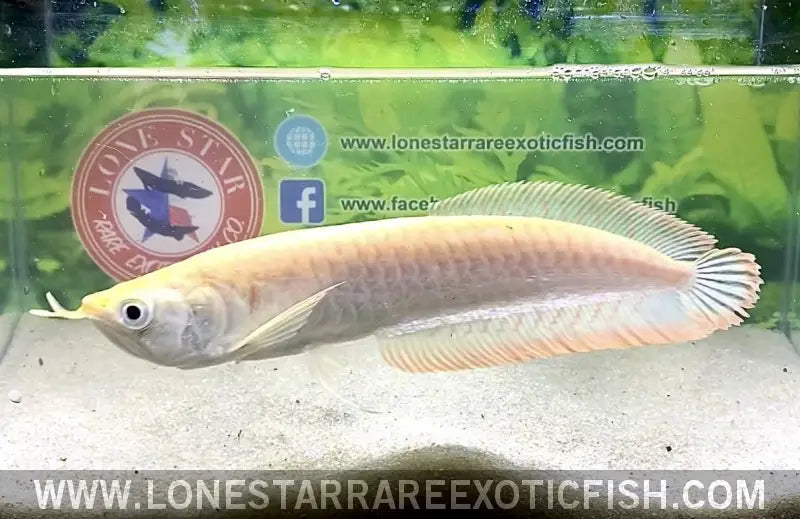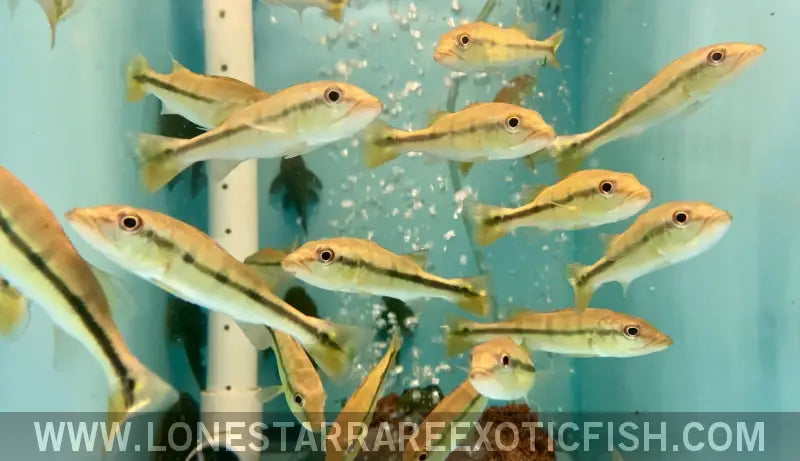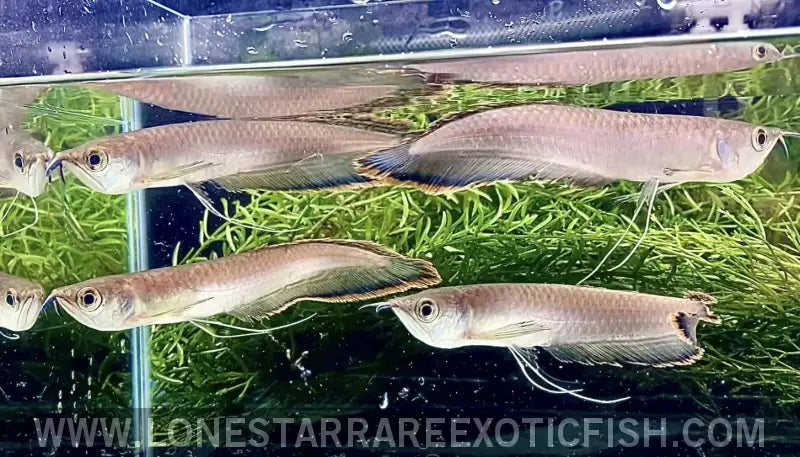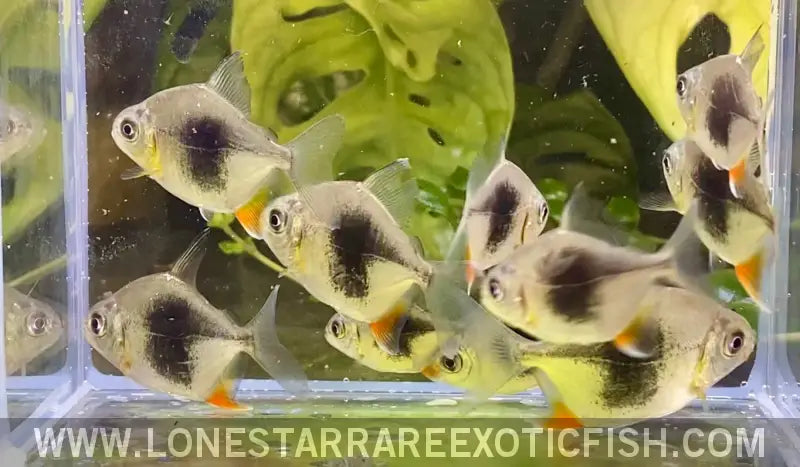Water temperature, often regarded as one of the fundamental parameters in an aquarium, influences far more than just the comfort of tropical fish. At its core, temperature plays a pivotal role in shaping the metabolic rate of aquatic species, dictating everything from their activity levels to growth rates, reproductive capabilities, and overall health. For aquarists aiming to replicate a naturalistic environment and optimize the well-being of their finned friends, understanding this intricate relationship is crucial.
Water Temperature: A Thermodynamic Overview
All fish are ectothermic, meaning they rely on external sources to regulate their body temperature. Unlike mammals, which have sophisticated mechanisms to maintain a constant internal temperature, fish are at the mercy of their environment. The temperature of the surrounding water directly impacts their internal body temperature, which in turn affects their metabolic processes.
Metabolism: The Underlying Biochemical Processes
Metabolism encompasses all chemical reactions within a fish's body that convert or use energy. This includes catabolism (breaking down organic matter to harness energy) and anabolism (using energy to construct components of cells such as proteins and nucleic acids). The speed at which these processes occur, known as the metabolic rate, is deeply intertwined with water temperature.
Temperature and Metabolic Rate: The Direct Correlation
-
Increased Temperature, Increased Metabolism: As water temperature rises, fish experience an uptick in their metabolic rate. This means they digest food faster, swim more actively, and generally display heightened energy levels. Such acceleration, while beneficial in some aspects, can lead to faster depletion of energy reserves if not balanced with adequate nutrition.
-
Decreased Temperature, Slowed Metabolism: Conversely, cooler temperatures slow down metabolic processes. Fish become less active, consume less food, and might even enter a state of torpor (temporary hibernation) in considerably cooler conditions.
Implications for the Tropical Freshwater Aquarium Hobbyist
-
Feeding Regimes: With a heightened metabolic rate in warmer waters, fish will require more frequent feedings with higher protein content to meet their energy demands. In cooler conditions, overfeeding becomes a risk as the slowed metabolism means food isn't digested as rapidly, potentially leading to water quality issues or health problems in the fish.
-
Growth Rates and Longevity: Fish raised in warmer conditions often exhibit faster growth rates due to their increased metabolic rate. However, this accelerated life cycle might also mean a shortened lifespan. Conversely, fish in cooler environments may grow slower but live longer.
-
Reproductive Behaviors: Warmer temperatures can stimulate breeding behaviors in many tropical species due to the increased metabolic rate and associated hormonal changes. However, sustained high temperatures could also stress fish, potentially reducing their reproductive success.
-
Oxygen Demand: Warmer water holds less dissolved oxygen than cooler water. With increased metabolic rates in warmer temperatures, fish require more oxygen, potentially leading to oxygen shortages if proper aeration isn't provided.
Finding the Right Balance
While it's tempting to consider warmer temperatures as a means to boost activity and growth, it's essential to remember that every species has an optimal temperature range. Straying far from this range can induce stress, making fish more susceptible to diseases.
Furthermore, sudden changes in temperature can be particularly harmful, causing a condition known as "temperature shock." It's essential to ensure that any adjustments to the aquarium's temperature are made gradually.
Conclusion
The relationship between water temperature and metabolism in tropical freshwater fish is a dance of biology, echoing the delicate balance of nature. For the conscientious aquarist, understanding this relationship is the key to unlocking optimal health, vitality, and longevity for their aquatic pets. In the vast mosaic of aquarium care, where each parameter holds significance, temperature stands out, casting ripples that resonate with every beat of a fish's heart.



